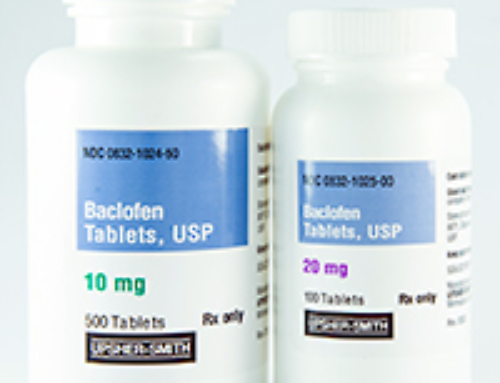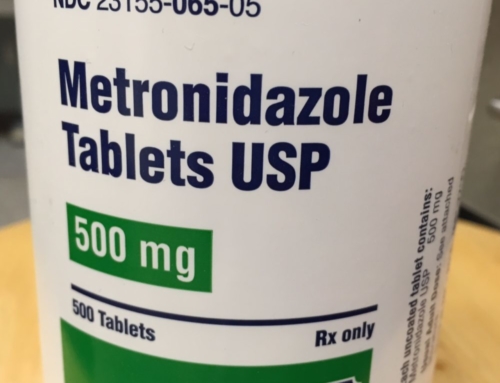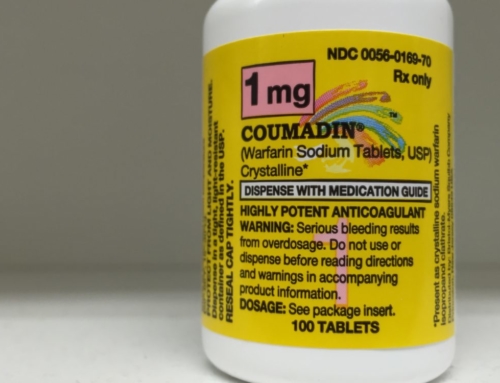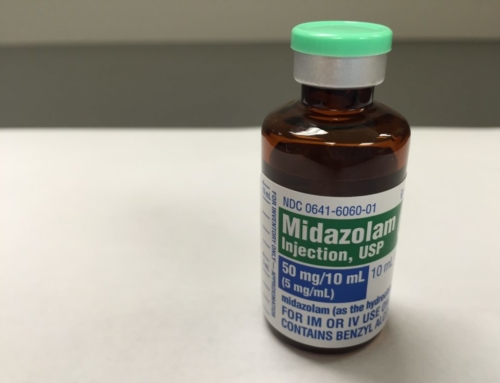Project Description
If you have any reason to suspect your pet has ingested something toxic, please contact your veterinarian or one of the other resources listed:
• ASPCA Animal Poison Control Center 24-hour hotline at (888) 426-4435
• Pet Poison Helpline® 24-hour animal poison control service at (855) 764-7661
Hydrochlorothiazide
Generic Name: Hydrochlorothiazide
Brand Names: Aquazide H, Hydrocot, Microzide, Zide
With accidental ingestion of a diuretic medication, like hydrochlorothiazide, your pet is at risk for extreme dehydration and damage to critical organs. It is important to seek veterinary support immediately for rehydration with fluids.
If your pet is taking hydrochlorothiazide, watch for changes in appetite, thirst, or urination. If your animal refuses to eat or drink fluids, contact your veterinarian immediately.
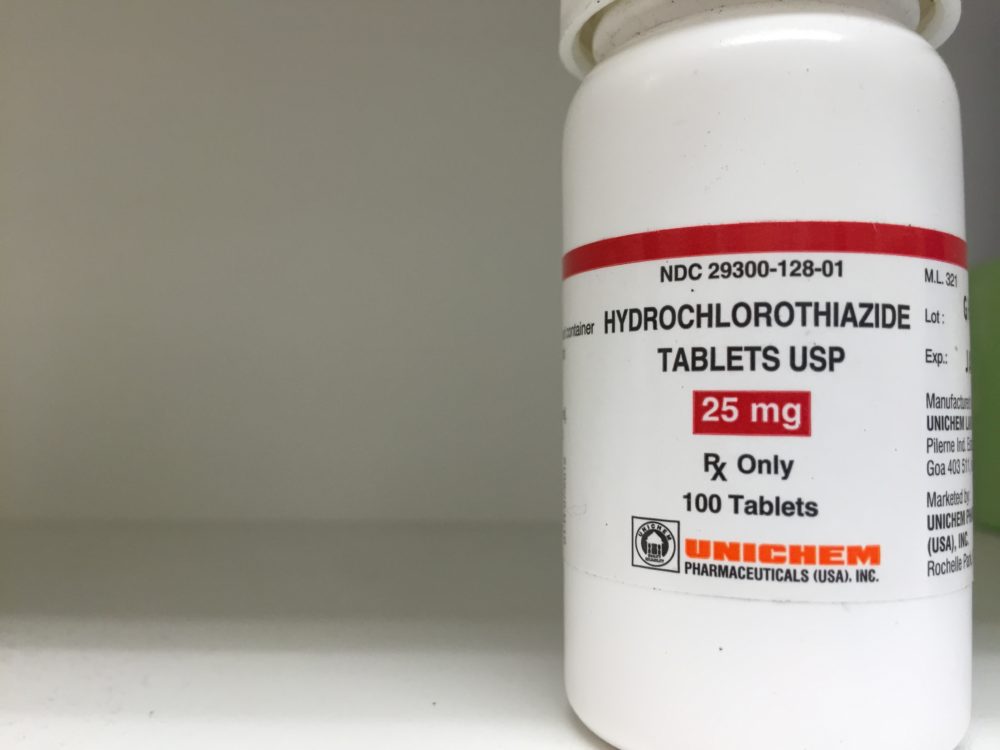
It is important to note that other diuretics (such as mannitol, acetazolamide, furosemide, and spironolactone) carry similar toxicity risks.
Signs and symptoms of toxicity: Clinical signs of toxicity include depression, weakness, fatigue, excessive thirst, decreased urination, vomiting, abnormal heart beat, loss of appetite or refusal to eat.
Toxic consumption: There is no established toxic threshold for pet consumption. All incidents of accidental exposure should be reported immediately.
References:
– Osweiler, G, et al. (2011). Blackwell’s five-minute veterinary consult clinical companion. Small Animal Toxicology. [Kindle version]. Retrieved from Amazon.com
Pet Poison Control is provided free as a public service by the American College of Veterinary Pharmacists. Today we’re asking you to support us with a small donation. If you would like to dedicate your gift in honor or memory of a pet or individual, you will have that option before checkout. Your gift of any amount helps us maintain this resource and make it available to the pharmacy and veterinary communities. Thank you!


